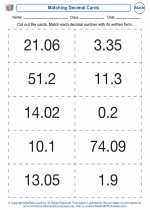Rational Numbers
A rational number is any number that can be expressed as the quotient or fraction p/q of two integers, where q is not equal to zero. In other words, a rational number is a number that can be written in the form a/b, where a and b are integers and b is not zero.
Examples of Rational Numbers:
- 3 (can be written as 3/1)
- -5 (can be written as -5/1)
- 1/2
- -3/4
- 6.25 (can be written as 25/4)
Properties of Rational Numbers:
- Rational numbers can be added, subtracted, multiplied, and divided.
- The sum, difference, product, or quotient of two rational numbers is also a rational number.
- Rational numbers can be represented on the number line.
- The decimal form of a rational number is either terminating (e.g., 0.75) or repeating (e.g., 0.333...).
Identifying Rational Numbers:
To determine if a number is rational, you can check if it can be expressed as a fraction. If it can, then it is rational. If the number is a terminating or repeating decimal, it is also rational.
For example, the number 0.6 can be written as 6/10, so it is rational. Similarly, the number 0.363636... can be written as 36/99, so it is also rational.
It's important to note that all integers are also rational numbers, as they can be expressed as a fraction with a denominator of 1.
Understanding rational numbers is important in various mathematical operations, such as fractions, decimals, and proportions.
By recognizing and working with rational numbers, students can develop a strong foundation in mathematics.
.◂Math Worksheets and Study Guides Third Grade. Place Value
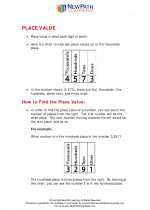
 Worksheet/Answer key
Worksheet/Answer key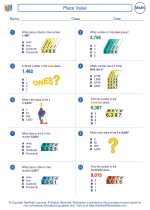
 Worksheet/Answer key
Worksheet/Answer key
 Worksheet/Answer key
Worksheet/Answer key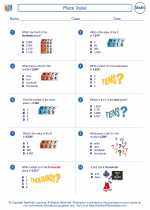
 Worksheet/Answer key
Worksheet/Answer key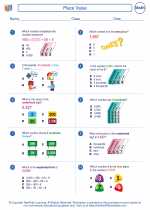
 Worksheet/Answer key
Worksheet/Answer key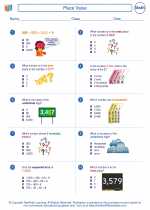
 Worksheet/Answer key
Worksheet/Answer key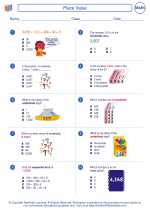
 Worksheet/Answer key
Worksheet/Answer key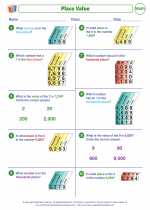
 Worksheet/Answer key
Worksheet/Answer key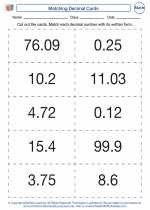
 Worksheet/Answer key
Worksheet/Answer key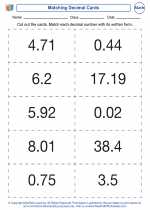
 Worksheet/Answer key
Worksheet/Answer key